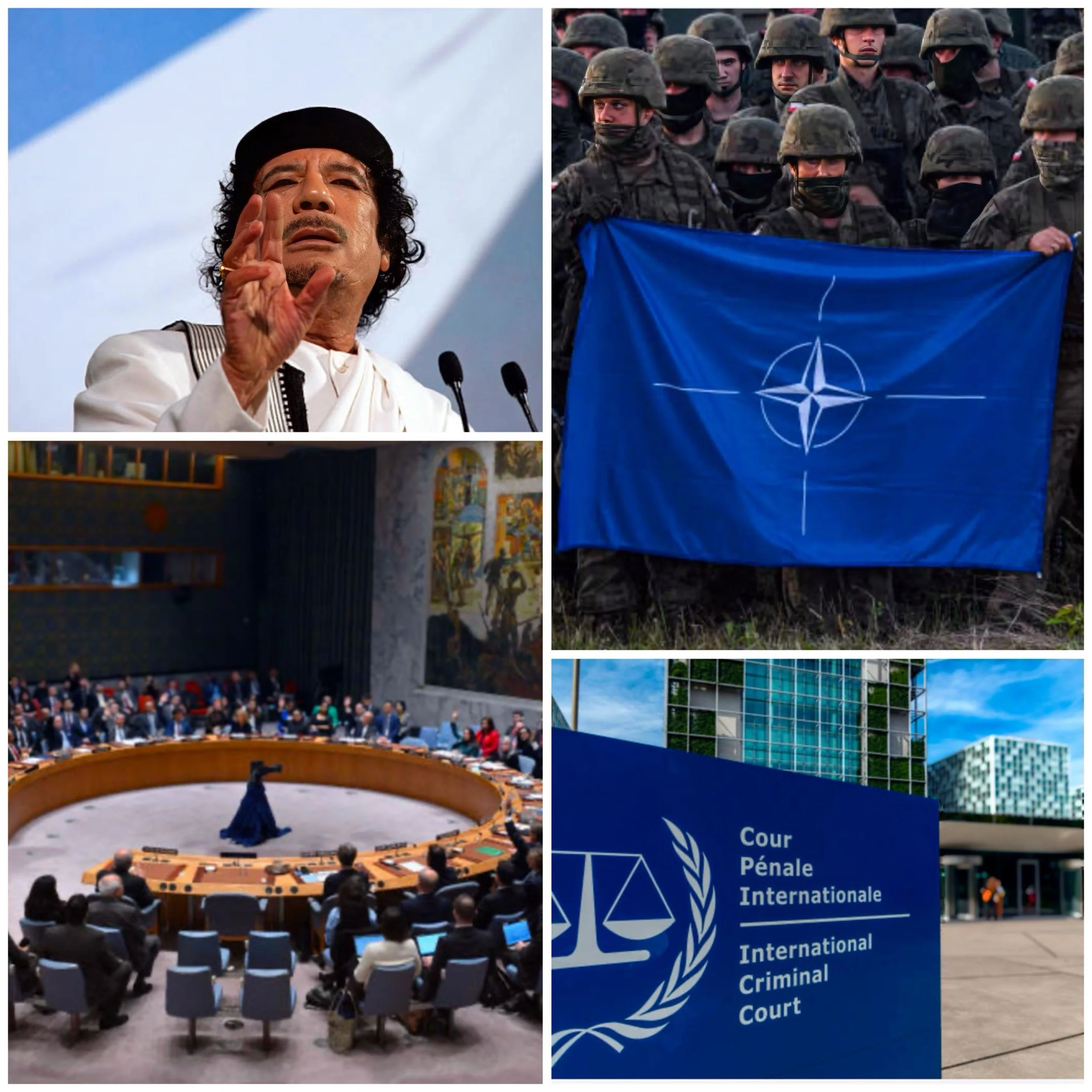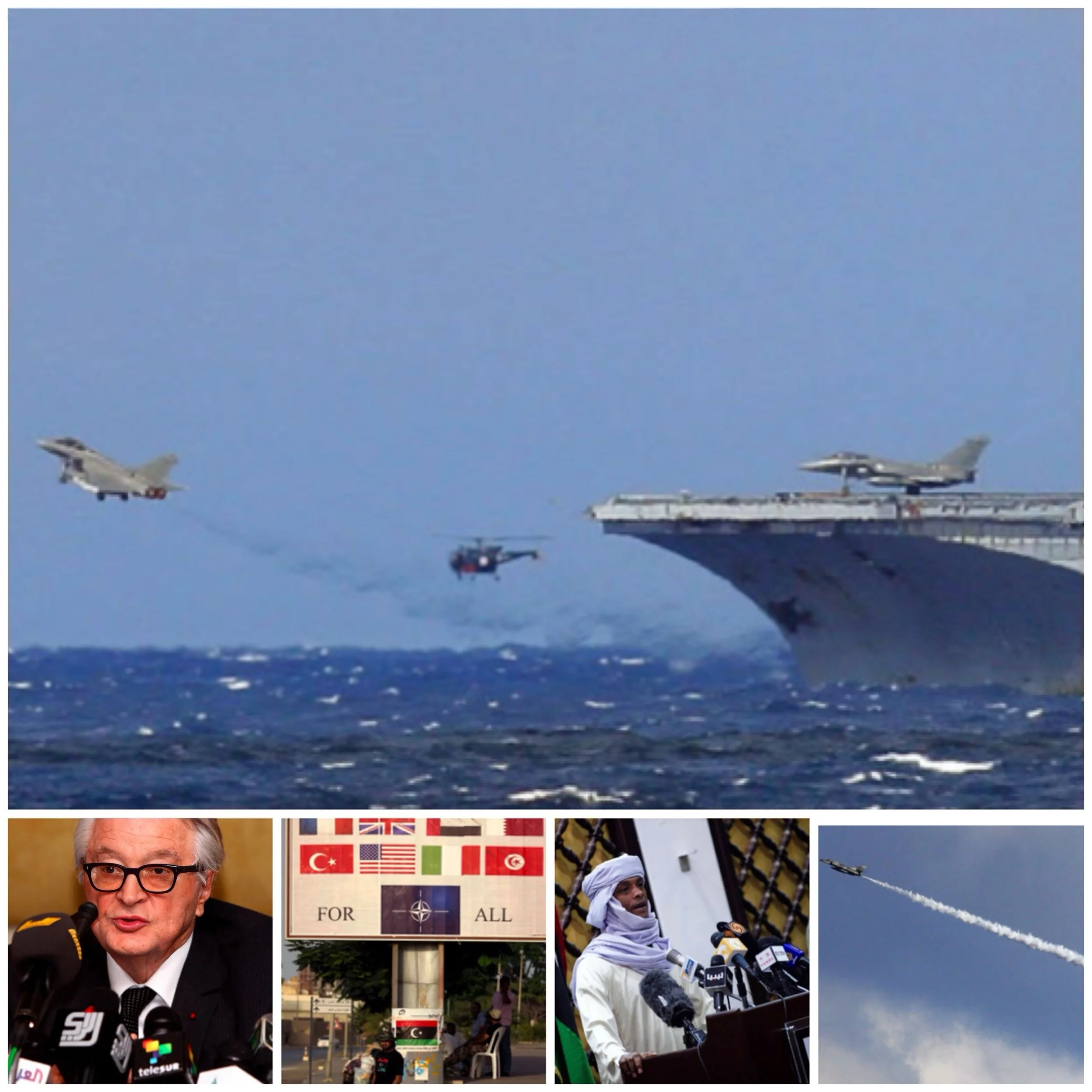What were the main criticisms of the international community's involvement in Libya
Introduction
The international community’s involvement in Libya, particularly NATO’s intervention in 2011, has faced several significant criticisms:
Mission Creep and Regime Change
One of the primary criticisms is that NATO and other international actors expanded beyond their UN-mandated mission
The intervention allegedly went from protecting civilians to actively pursuing regime change.
NATO was accused of overstepping the UN Security Council Resolution 1973, which authorized a no-fly zone and civilian protection, by providing close air support to rebels.
Critics argue that bombing Gaddafi’s forces in his hometown of Sirte was unjustified and focused on dismantling the Libyan army rather than protecting civilians.
Lack of Post-Intervention Planning
The international community has been criticized for failing to adequately plan for Libya’s future after Gaddafi’s fall:
There was a lack of leadership, resources, and willpower in efforts to rebuild the country and establish a functional government.
The failure to plan for “the day after” led to Libya sinking into civil war and becoming a breeding ground for instability and terrorism.
Humanitarian Concerns
Despite the intervention’s stated humanitarian goals, critics point to several issues:
NATO airstrikes reportedly resulted in civilian casualties, with one Human Rights Watch investigation finding at least 72 civilian deaths.
The intervention failed to adequately protect all civilians, particularly those supporting Gaddafi’s regime.
There were reports of torture and human rights abuses by rebel groups backed by NATO.
Foreign Interference and Arms Proliferation
The international community’s actions have been criticized for exacerbating Libya’s problems:
Foreign states turned Libya’s conflict into a proxy war, with little regard for the impact on Libyan people.
Despite a UN arms embargo, Libya became a “testing ground for foreign military equipment,” with widespread proliferation of weapons.
The presence of foreign mercenaries and private military companies further complicated the situation.
Lack of Accountability
Critics argue that the international community has failed to ensure accountability for actions in Libya:
There has been little accountability for either Libyan factions or foreign actors involved in the conflict.
The International Criminal Court’s efforts to investigate and prosecute international crimes in Libya have been largely ineffective.
Inconsistency and Double Standards
Some critics point to inconsistencies in the international community’s approach:
The intervention in Libya is contrasted with the lack of similar action in other humanitarian crises, such as Syria.
There are questions about the true motivations behind the intervention, with some suggesting that humanitarian concerns were not the primary driver.
Conclusion
The international community’s involvement in Libya was initially framed as a humanitarian intervention, it has faced substantial criticism for its execution, unintended consequences, and failure to stabilize the country in the long term.






